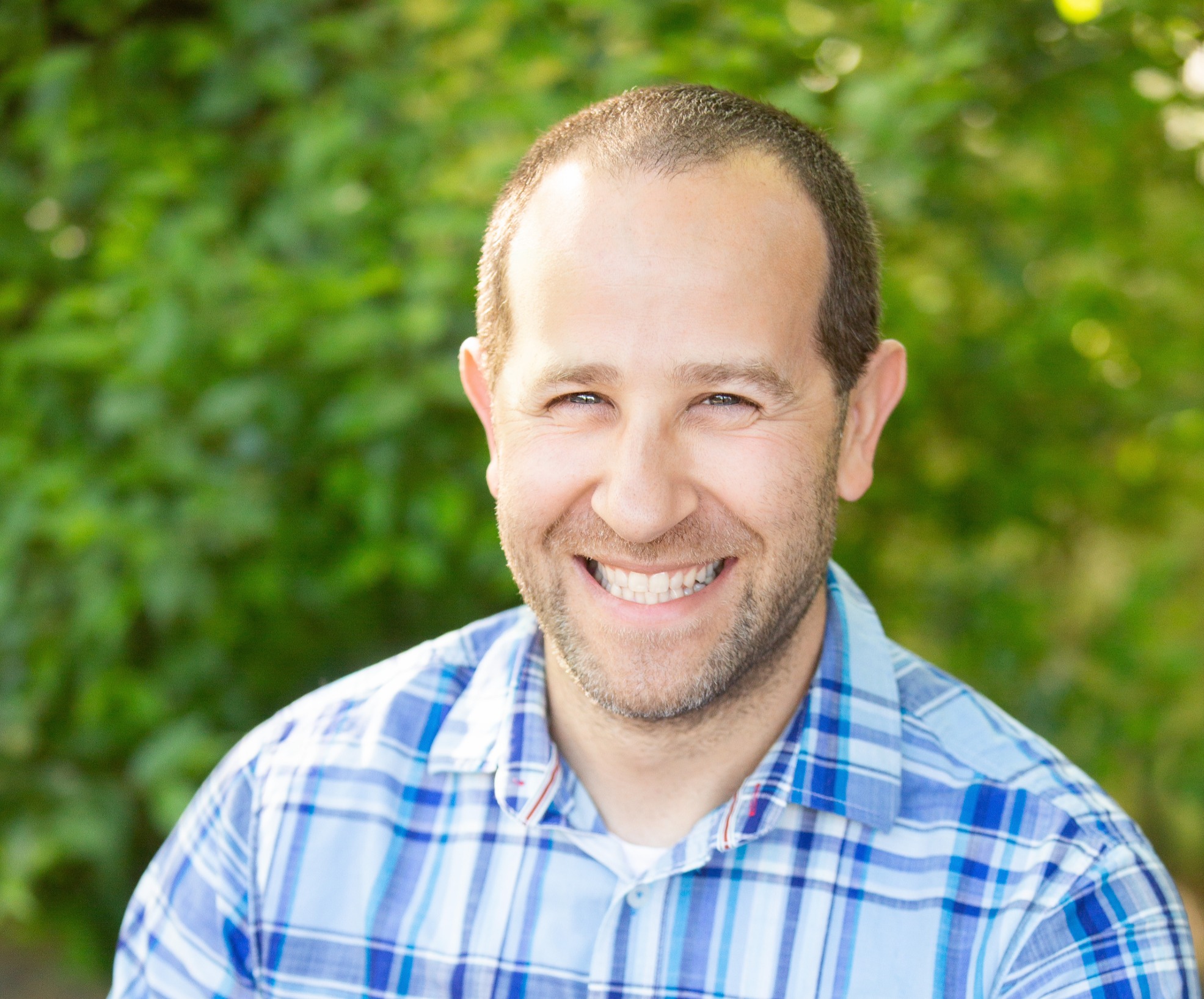- Apr 29, 2019
- 3 min read

I’ve taken the scenic route in life. I like to tell folks I went to college, “a few times.” Along with this I’ve had several career paths that finally led me to what I do now. And that’s the catch, they all led me here.
I used to regret the decisions I’ve made (or didn’t make). Not so much anymore.
The human brain has developed many fascinating abilities over time. Let’s chat about two of them for now – Counterfactual Thinking and a Negativity Bias. What the heck are these things, you ask?
Counterfactual Thinking is essentially the ability to think about an alternative reality after something has already occurred. Psychologists believe this is a uniquely human trait.
Here’s an example of how it works.
While writing this blog I ate a bag of chocolate. When I opened said bag I had intended on eating precisely half the contents. Which I accomplished. Twice. With the taste of the last bit of chocolatey goodness lingering in my mouth I stopped for a moment to imagine a reality in which half the chocolates reside in my belly while the other half still sit cozy and whole in the bag. Poof! Problem solved.
Looking at the empty bag of chocolate while imaging a life-history in which the bag was still half full is a form of Counterfactual Thinking.
The Negativity Bias is our brain’s tendency to be hyper-sensitive to the dangers in our environment, real or perceived. Basically, our brain naturally defaults to searching the world for things that might threaten us. Back in the caveman days this kept us alive. Now it just makes us think the guy who cut the line at Disney or the girl rolling her eyes at us when we say we love the Backstreet Boys are total and complete jerks.
They’re not jerks. No one’s life history is defined by a momentary indiscretion. Well, maybe not liking Backstreet Boys qualifies one for jerk-dom. But I digress.
Counterfactual Thinking combined with a Negativity Bias can lead to a strong sense of regret. “If only I had limited my chocolate consumption to half the bag! What is wrong with me….”
In this fascinating study scientists asked if Counterfactuals could be used to actually increase well-being. With a little twist, it turns out they can.
Participants in the studies considered something good in their life (eg, not chocolate overeating-itis) and were asked to imagine how their life might be different had that good thing never happened. In a roundabout way this activity gave the participants a boost in gratitude and increased their happiness. I tried it myself and, lo and behold, it works!
Here’s how you can do it:
Imagine an important relationship or event in your life. Someone or something that means a lot to you.
Spend a minute or two harkening back to when you met this person or when this event occurred.
Now, sit down for 15 uninterrupted minutes, free from distraction. No Snap Chat or Today Show.
Think about all the things that could have “gone wrong” and prevented you from meeting this person or having this important event. What if you had never met them? What if you had met them but not become close? What if you had become close but somehow your paths diverged? How would you life be different now? What might be different about your future path?
Write your answers to these questions without concern for grammar, form, or legibility. Just let the thoughts free flow onto the paper (or screen).
In one version of the study participants used Counterfactual Thinking to write about a very important romantic relationship (ie, a high quality marriage) as if it hadn’t happened. Afterwards, testing found their happiness with an already very happy marriage increased by almost 20%!
42 years of ups and down, wins and losses, victories and screwups have led me here. Sometimes my decisions led to pain, sometimes they set me back. And still, here I am. Likely because of them all.
I used to regret the fork in the road I didn’t follow. Now I’m grateful for the ones I did.
Ah, the magical powers of positive psychology.
- Written by Josh Vaisman







Comments